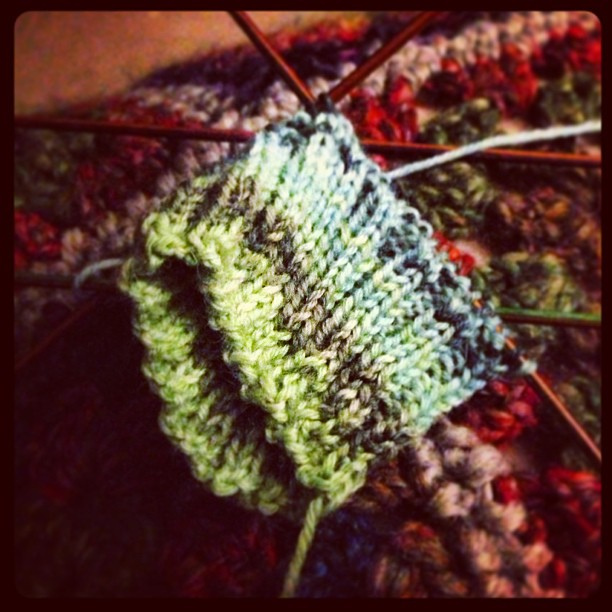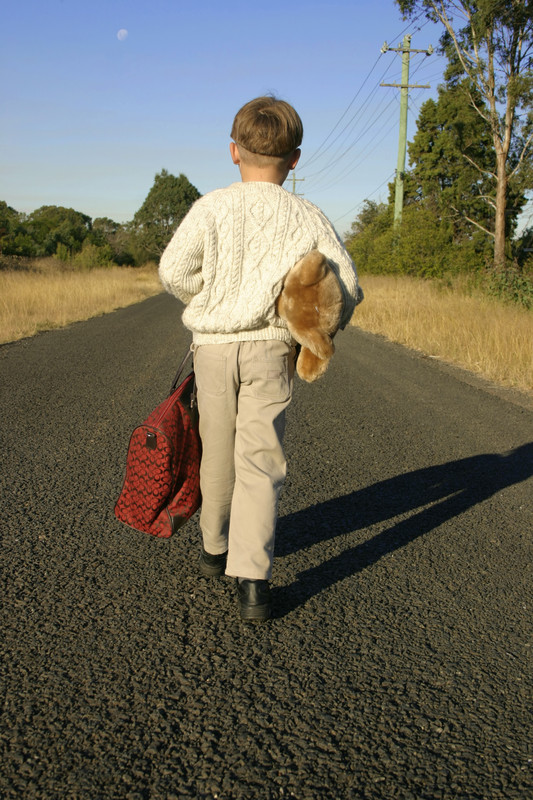The end of the day.
Shouting stops, taxi service ends, the meals are eaten and the quiet purr of the dishwasher, punctuated by occasional sloshes, is the only noise left. Downstairs, the detritus of the day is strewn across the corridor, the kitchen perfunctorily cleaned, the door locked and the car remains a crumb filled carcass of its former self, packed to the gills with forgotten bags, shoes kicked off by tired feet and coats that will be hunted for frantically come morning. The lights are off, or glow dimly in the room where one of four bulbs still work and the time to replace them, or perhaps the inclination, has not yet occurred. The carpet – so recently vacuumed – carries the marks and mess of an ordinary family day; AstroTurf pellets sprinkled out of socks and trainers, a half eaten biscuit trodden in and not removed, packaging ripped from a much desired purchase and dropped where they stood.
Clattering, bickering, tired and dragging the bags, folders and armfuls of kit and coats that have become essential for their day, the kids have bundled themselves upstairs, bathroom door banging, tap left running (it needs replacing but when to find the time?) laundry discarded on the floor where tomorrow the wailing will commence as incomprehensibly it is too crumpled to wear again without the torture of using the iron. The lights flick off, the ‘one last drink’ is drunk and the youngest trails back upstairs to try again to find some way to sleep.
Lying down in the dark might help.
And peace descends. The living room softly lit enough to hide the homework strewn on the desk that in a Pinterest world would lightly tell the story of the woman who worked there, the sofa hastily buffeted and shaken, protective cloth tucked in, to give a semblance of serenity. And the toys are kicked under the table with a mental promise to do messy play tomorrow and spend less time on phone and screen, to do the things that find the joy and bring the smiles and make the moment count before childhood is all sucked up in rush and growl and fleeting chat as kid and gym kit jump from car to club.
And suddenly… silence. Too tired to talk, parents slump on Chesterfield sofa, propped up by late night coffee cupped in hands to tired to touch and stroke, explore or love. Slump is what they do, shoulder to shoulder, a rueful look at each other, wondering where the days of evenings of conversation, passion, creativity went? When there was still energy at half past nine to make and do, invent, play. How did the sofa, silence, book in hand, blanket made in freer times tucked around the knees and companionable friendship become an fleeting evening joy too good to miss? When did a few rows of knitting become a job well done, a worthy payment for a day fraught with other peoples’ needs? When did sofa, restful, soft, moulding to their backs, become a more inviting embrace than a lovers tumble?
They are tired. So very tired. And sleep, which ought to help, only seems to rob them of the time to rest.
Disclosure: this post is in collaboration with the company mentioned within the post.




